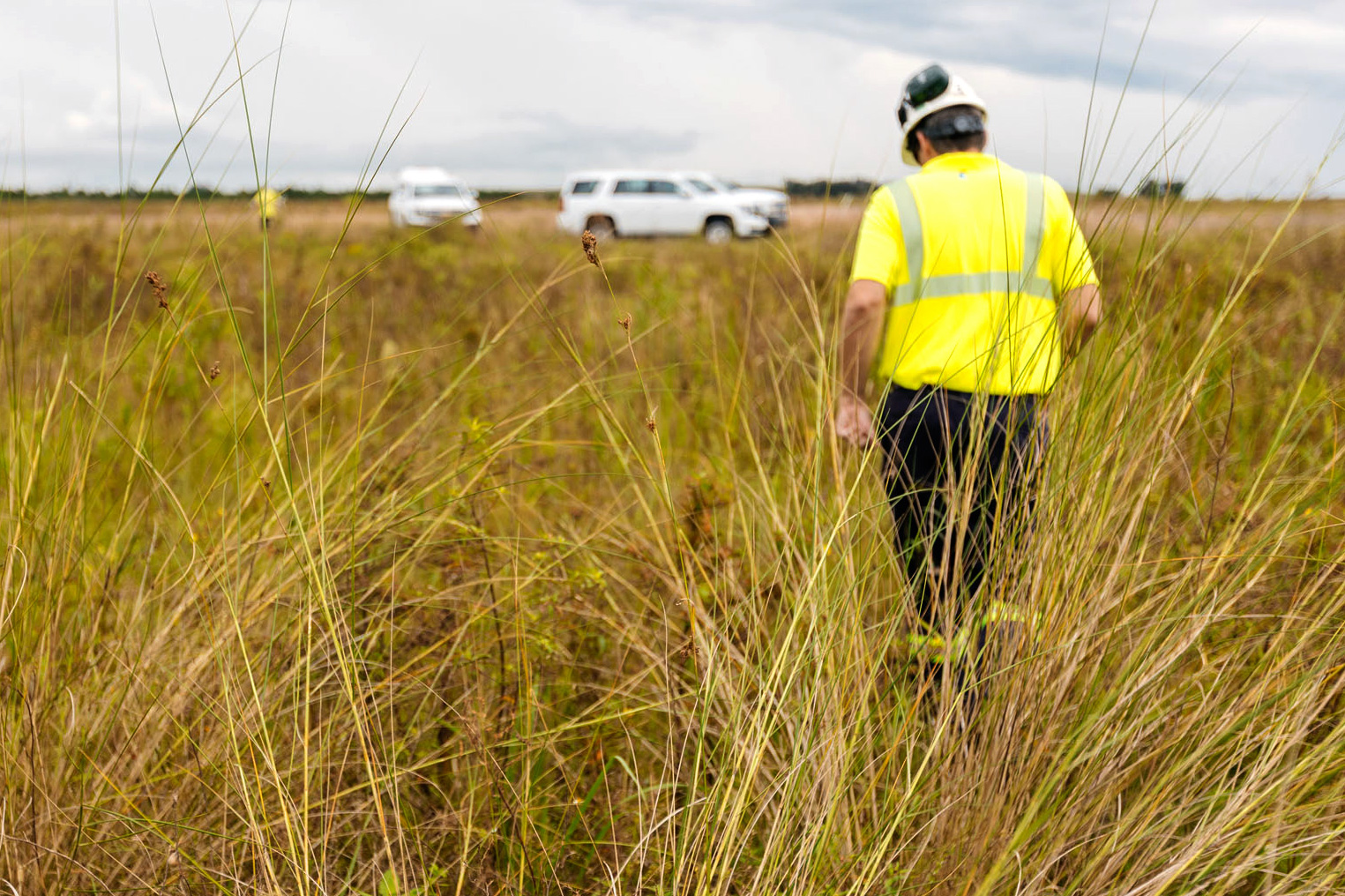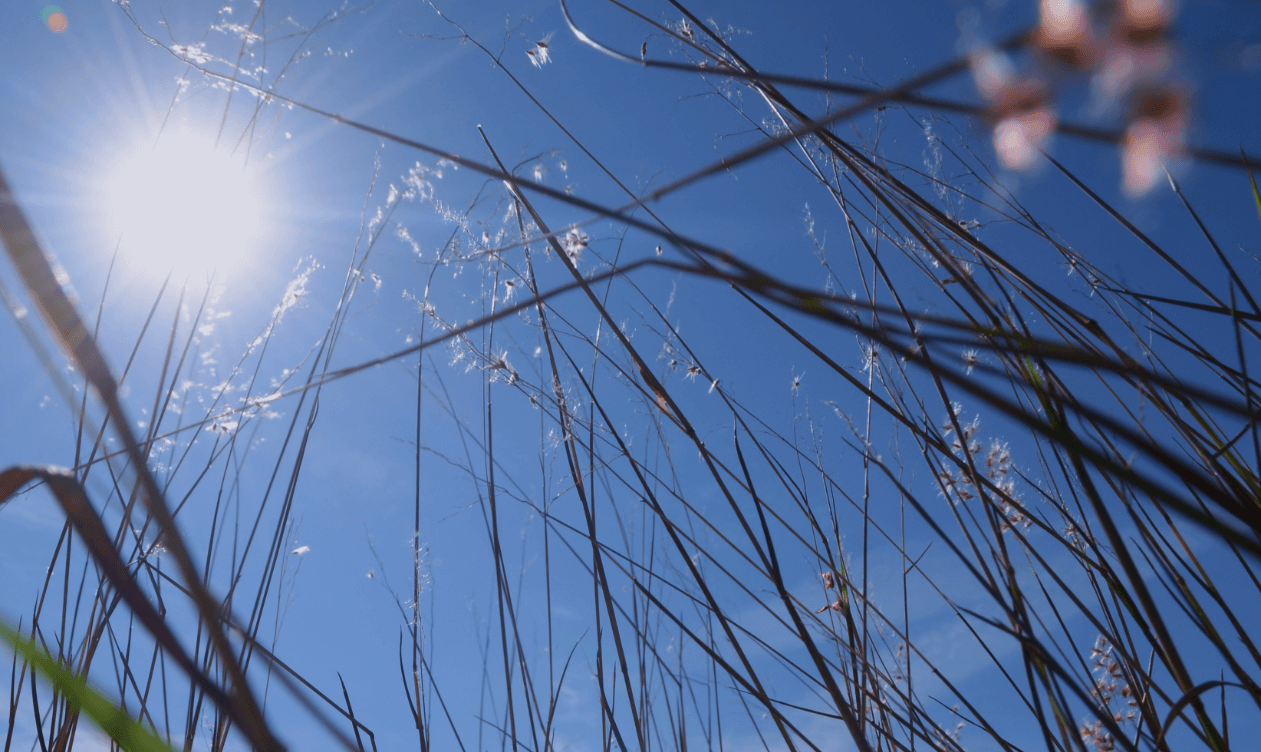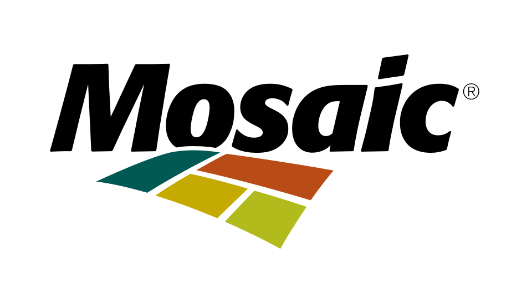 Water |
Respect for the EnvironmentPreserving the quality and availability of waterAccess to water in abundant and clean supply is a human right. Mosaic recognizes that water is a critical natural resource that is essential to our operations, to food security – and to the communities and ecosystems in which we operate. Further, we understand that growing water risks create challenges for the world’s populations. We use water in the mining and production of our phosphate and potash crop nutrient products. Downstream, farmers use water to produce food and other agricultural products. By preserving the quality of water resources, minimizing our own water use, and promoting agricultural practices that preserve and protect water resources, we reduce the environmental impact of fertilizers on the global food supply. |
|
 |
Our Water Stewardship EffortsWe focus on:
|
WithdrawalsWhy it's an issuePhosphate and potash mining and manufacturing require significant volumes of water for production. We monitor water availability and risks on a facility basis. Less than 1% of our groundwater withdrawals are from basins considered to be in high or extremely high water stress. What we're doing about itWe manage the risks of water scarcity by emphasizing the responsible use of water across our operations. Facilities monitor and evaluate water use to ensure it is minimized, while maximizing water recycling and reuse. We have companywide and facility-level targets to reduce freshwater withdrawals. DischargesWhy it's an issueWe reuse water in our processes many times before treating and discharging it from our phosphate operations to downstream water bodies, pursuant to rigorous water quality standards stipulated by our permits. We do this to maintain manageable water levels and to prevent environmental incidents. What we're doing about itWater discharges are highly regulated and we manage compliance with limitations that protect the designated uses of the receiving water body. Discharges are monitored, sampled and analyzed regularly by Mosaic, with reports provided to regulatory agencies. Mosaic’s Saskatchewan facilities regularly maintain a “zero discharge” approach. Water InventoryWhy it's an issueWater that falls within the active, operational footprint of Mosaic’s mining and fertilizer production facilities is actively managed. Water that can’t be used or discharged is stored on-site before treatment. Some amount of stored water is necessary for plant operation; however, we are working to minimize the amount of stored water due to the risk associated with high rainfall events. What we're doing about itOur environment, health and safety management system is focused on identifying, evaluating and controlling risks. We have targets for water reduction at all facilities, and we are striving to eliminate environmental incidents, including accidental releases of materials. Mosaic has teams focused on achieving minimum inventories of stored water. These teams work with site engineering to identify water saving projects, measure our progress, and to share best practices. Agricultural RunoffWhy it's an issueCrop nutrient products have the potential to run off farmland and into waterways, which can contribute to impaired water quality and can nourish algal blooms. What we're doing about itBy preserving the quality of water, minimizing our own water use, and supporting and promoting agricultural practices that achieve the crop yield benefits of fertilizer while reducing nutrient losses to the environment, we are reducing the environmental impact of fertilizers on the global food supply. |
|
Mosaic's Community Investment in WaterWe support organizations that work in watershed restoration, habitat conservation and nutrient stewardship. |
|

Our 2025 ESG Performance Targets
Our sustainability journey continues, and our 2025 targets are representative of where we're headed over the next several years. These targets will guide our efforts as we hold ourselves accountable to measurable progress. We're proud to be a responsible company and a global industry leader in this space. |

